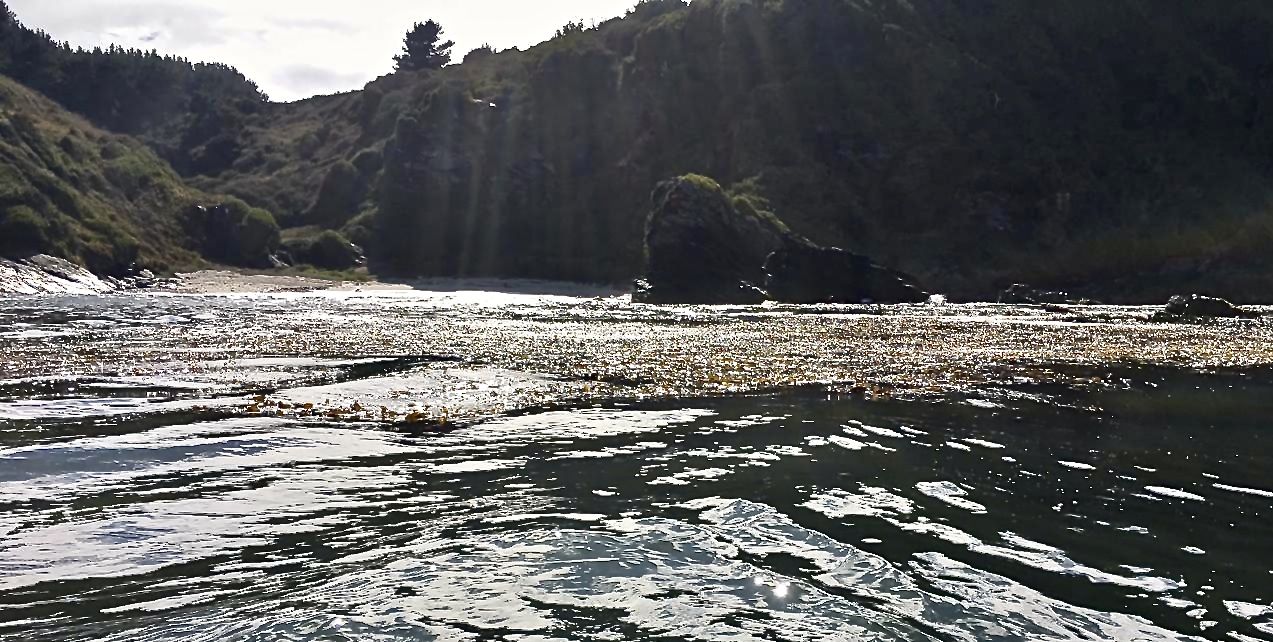PI: Dr. Mauricio Urbina (UdeC)
Dr. Cristian Vargas (UdeC), Dr. Nelson Lagos (UST), Dr. Erasmo Macaya (UdeC)
Submarine forests of brown macroalgae are one of the most productive ecosystems on the planet, comparable only to terrestrial tropical forests (Krumhansl et al. 2016). They are areas of high ecological importance that offer refuge, food, and reproduction areas for a wide diversity of species at different trophic levels (Teagle et al. 2017, Wernberg & Filbee-Dexter 2019), as well as providing various ecosystem services (Wernberg et al. 2018). Despite the relevance of macroalgae forests on biodiversity and ecosystem services, on the Chilean coasts there are few evaluations of their effects as controllers of the biodiversity of benthic species. Bridging these knowledge gaps is crucial to understanding the long-term consequences and sustainability conditions of macroalgae forests in a context of climate change and anthropogenic impacts on coastal ecosystems. Thus, this proposal aims to quantify the local benefits of underwater forests, and thereby improve the management of kelp forests, and generate social capital that allows increasing the additional value that these resources have for local fishing communities in Chile.
The main objectives of this proposal are:
▪ Quantify per unit area, how much carbon is contained in an underwater forest of Caleta Chome, Bio-Bio region, Chile.
▪ Build a database of biodiversity in underwater forests in Caleta Chome, and also in its vicinity (outside the forest).
▪ Quantify the pCO2, O2 and pH cycles inside and outside a macroalgae forest, in at least 3 seasons of the year, in order to establish the regulatory potential of local conditions.
▪ Involve the local coastal community of Caleta Chome in environmental and diversity monitoring activities in the local marine forests.
▪ Involve the local community in conservation work of underwater forests, through the construction of competitions, education, talks, and joint field campaigns.

